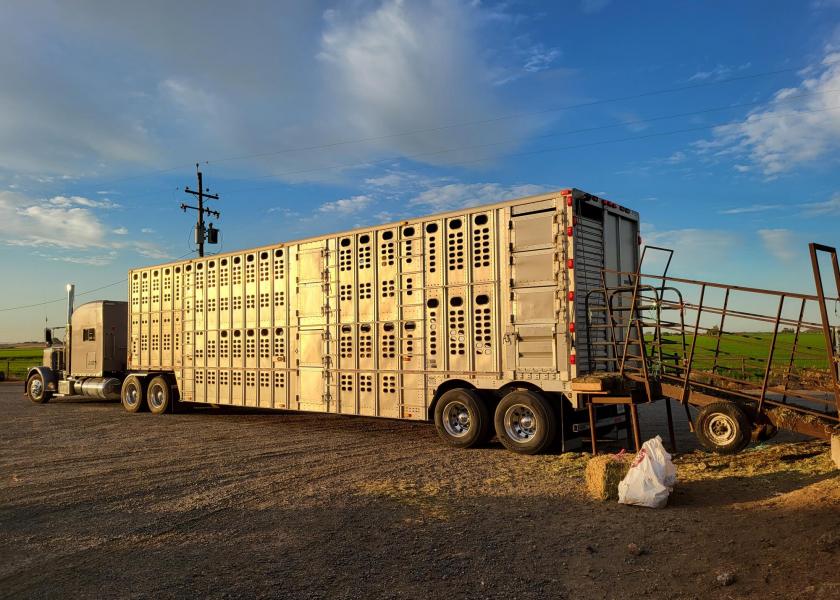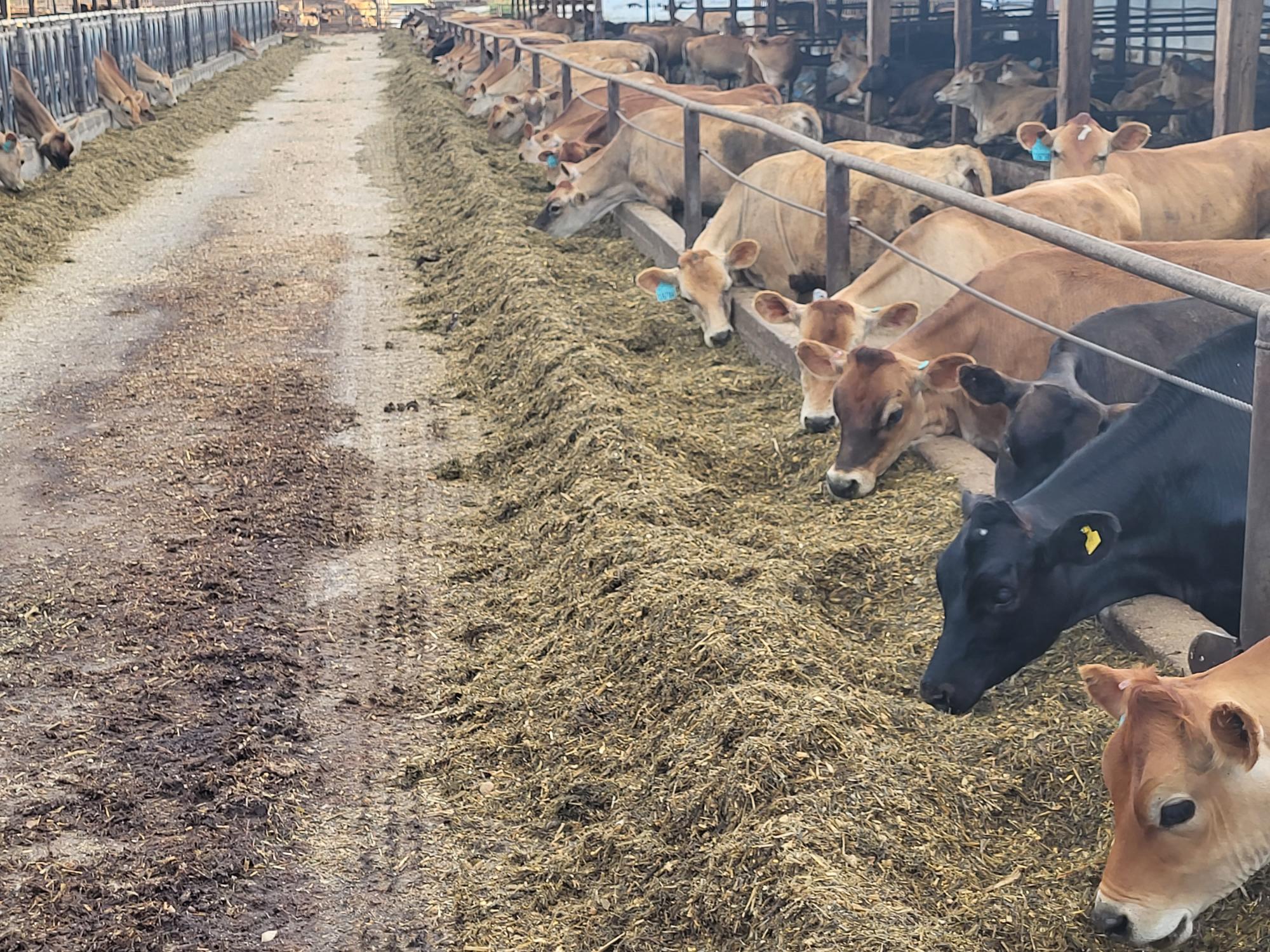7 Tips to Consider When Selling Surplus Heifers

According to Penn State Dairy Extension, managing heifer inventories on a dairy farm is not always easy. Having too few heifers brings a lot of risk to the future outlook and limits opportunities for strategic animal sales. Having too many heifers stretches facility space, depletes feed inventories, and often costs more than will likely be recouped. Deciding which heifers to keep and which to sell, as well as breeding decisions, can be a challenge. Leading dairy cattle marketing experts offer these seven tips to help sell surplus open and bred heifers.

Kristin Paul, director of field services and Greg Lavan, manager, both with Jersey Marketing Service, offer the following tips to producers who are wanting to market extra heifers.
Be flexible. The buyer for the group you have available might not be available immediately, but sometimes if you can wait a month or two there will be more potential opportunities. You may need to make slight adjustments to your group composition or add/subtract numbers to fit a certain market.
Timing. Understand that timing can be important and it’s not always something you can control. Factors like feed and milk prices play into the markets. In many cases, seasonality or weather play a role in cattle movement too.
Work with a reputable professional to help you sell your animals. They have connections to buyers, know the ins and outs of cattle movements (health testing, truckers, etc.), and will also ensure you get a fair price and get paid in a timely manner. If your group is too small to interest buyers, they may also be able to help you pool your animals with others to find a group that is more attractive for the marketplace.
Sell animals you’d want to buy and represent them accurately. Most successful sellers have built a reputation for selling good quality animals and this helps immensely for repeat sales and sales that come via word of mouth.
Don’t trip. Be careful in contacting and/or offering to too many sellers/dealers as many times they will be contacting many of the same buyers, especially within a certain area or region. Building solid relationships with a reputable professional, can be a very important step and can help alleviate some of this ‘tripping over one another.'
Be aware of your potential market. If you are in an area where a2a2, on-farm processing, and whatnot is important, make provisions to get your animals at least a2 tested. Depending on the herd's quality, genomic testing may add value and desirability to a group of animals. Does a2 testing mean they will sell for more dollars? Not necessarily. But if your neighbor has his tested and sells his, but you don't, then yes, they brought "more."
Don’t just sell the bottom end. Just selling from the bottom end is not always advantageous. Be wary of dealers who don't need to see the animals before moving them, quality can really suffer in those cases (again, work with reputable people).
Penn State Dairy Extension says to be thoughtful about breeding and strategic selling decisions. It will impact the generations to come.







